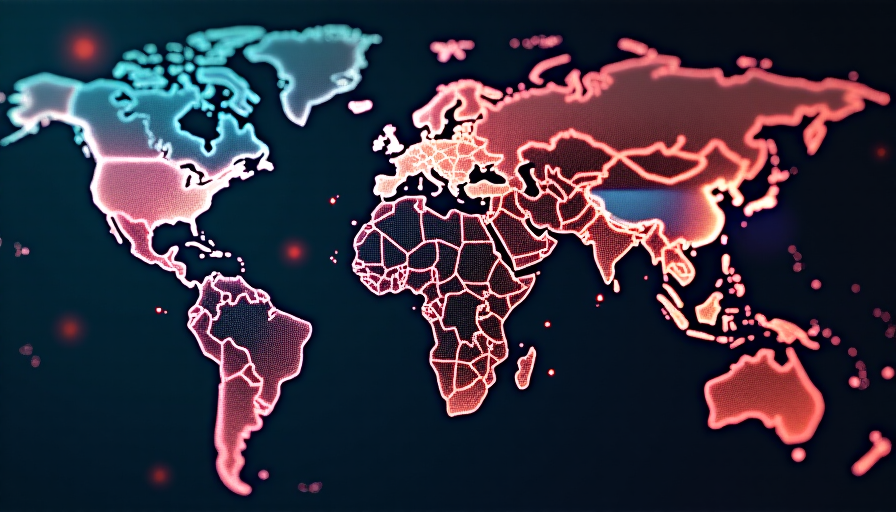
Navigating the Future: AI's Rapid Expansion Amid Geopolitical Tensions
In a world where artificial intelligence continues to redefine industries, new ventures and monumental investments are rapidly reshaping the global landscape. Debarghya Das, a prominent figure at Menlo Ventures and one of Silicon Valley’s youngest investors, offers a deep dive into the rapid evolution of AI—with particular focus on the high stakes and geopolitical implications currently at play.
Breakthroughs in Investment and Startup Growth
Das, whose career spans leadership roles at tech giants like Google and Glean, now spearheads funding initiatives in Anthropic—the second-largest developer of AI models following OpenAI. He explains that these are "unprecedented times," marked by AI companies achieving valuations comparable to major public enterprises. For instance:
- OpenAI recently secured a staggering $40 billion in its largest-ever private funding round, buoyed by a $300 billion valuation.
- Anthropic’s market value has surged to an impressive $60 billion.
Such figures underscore the massive upfront research, development, and infrastructure costs involved in training and scaling AI models. Silicon Valley investments now echo the transformative belief that the future of technology is backed by billion-dollar risks and rewards.
Strategic Business Moves and the Open-Source Debate
Beyond the foundational models, the innovation landscape is witnessing a surge in application-driven startups. Emerging companies like Cursor, Codeium, and Cline are transforming the realm of assistive coding. With achievements such as Cursor's exponential climb to $150–200 million in annual recurring revenue within its first year, the race for user retention is just as crucial as rapid growth.
Das further highlights the strategic maneuvers of industry leaders. Citing OpenAI CEO Sam Altman, he notes how a billion users can sometimes be more valuable than the most advanced model. Altman’s recent rollout of an open-weight model is seen not merely as a technical release but as a savvy business decision designed to capture developer loyalty while maintaining a competitive edge.
Geopolitical Currents and the Global AI Challenge
The conversation shifts as Das forecasts an imminent geopolitical standoff in AI. With China already having banned US models and showcasing its own compute-efficient reasoning models like DeepSeek, the global balance is becoming increasingly contentious. The competitive spirit is evident as both nations recognize the need for ever-more powerful GPU infrastructure and efficient compute solutions.
Das warns that such innovations, while impressive, are not isolated from broader political and regulatory influences. The competitive threat from China—with its journey from mimicry to genuine innovation—could spur similar protective measures from the US, potentially escalating into significant geopolitical tension.
Innovation Beyond Borders: The Case of India
While the US and China dominate the narrative, Das casts a thoughtful eye on India's emerging role in the AI arena. Despite challenges such as a lower appetite for high-risk investments, there are promising examples like Mumbai-based InVideo that highlight India's potential. According to Das, the path forward for India in building foundational models lies in embracing bolder, risk-taking strategies rather than incremental problem-solving.
Concluding Reflections
Das reminds us that even as borders influence technological directions, the spirit of innovation remains universal. With the “American Dream” still inspiring vast cohorts of tech entrepreneurs—despite tighter immigration policies—the landscape of AI is a testament to the evolving synergy between investment prowess, strategic innovation, and global policy shifts. The unfolding story of AI, with all its promise and perils, continues to shape not just technology but the future of international relations as well.
Note: This publication was rewritten using AI. The content was based on the original source linked above.